Publications
Articles, publications, books, tools and multimedia features from the U.S. Institute of Peace provide the latest news, analysis, research findings, practitioner guides and reports, all related to the conflict zones and issues that are at the center of the Institute’s work to prevent and reduce violent conflict.
Question And Answer
Amid a Changing Global Order, NATO Looks East
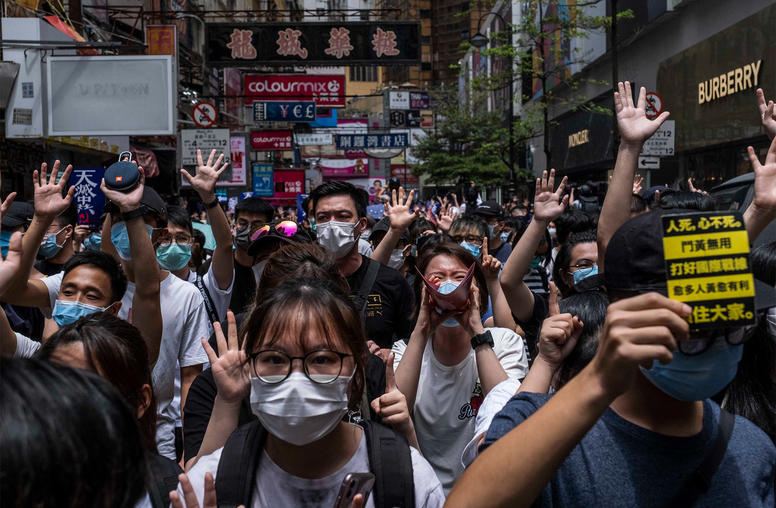
Mediating Mass Movements
People power is a defining feature of our time. In 2019, movements in Sudan and Algeria forced entrenched military dictators from power. In Hong Kong, millions of citizens have taken to the streets to demand democratic self-rule. Chile, Colombia, Lebanon and Iraq faced popular uprisings by citizens railing against corruption, government incompetence and dysfunctional political and economic systems. These protests are happening at a time of resurgent authoritarianism, marked by a 13-year global decline in civil and political rights and an erosion of the rule of law. Widening inequality, rampant corruption, and the fraying of social contracts between governments and their citizens are at the roots of many of these conflicts.
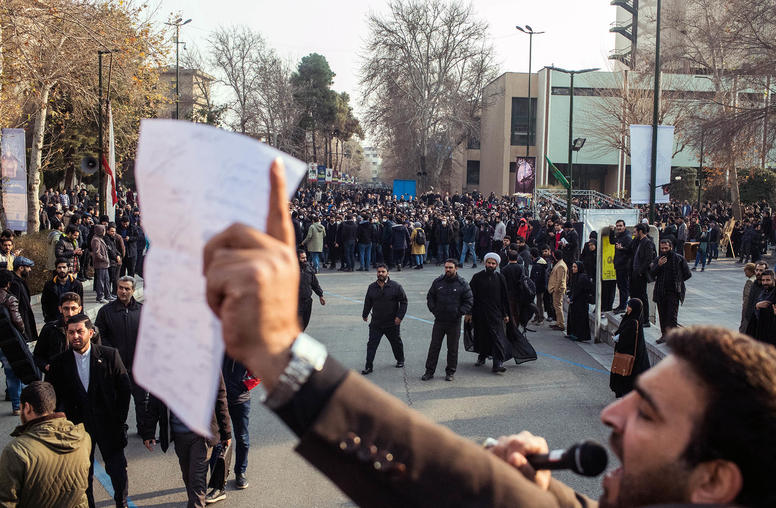
The Latest on Iran’s Evolving Protests
Iran has been rocked by a series of developments in recent months, from the mass protests over raised fuel prices to the killing of powerful Iranian commander Qassem Soleimani. Over the weekend, protesters returned to the streets, spurred by the military’s mistaken downing of a Ukrainian passenger jet. As in past protests, like 2009, the government has met demonstrators with a draconian and violent response. USIP’s Garrett Nada and Maria Stephan explain how the protests have evolved over time and how demonstrators could use nonviolent tactics against the repressive regime.

Maria Stephan on What We Get Wrong About Protest Movements
This year has seen an extraordinary rise in people power. Despite significant coverage of these movements, many misconceptions about how they work persist. USIP’s Maria J. Stephan addresses those myths and says, “The most defining variable of successful nonviolent movements is large, diverse and sustained participation.”
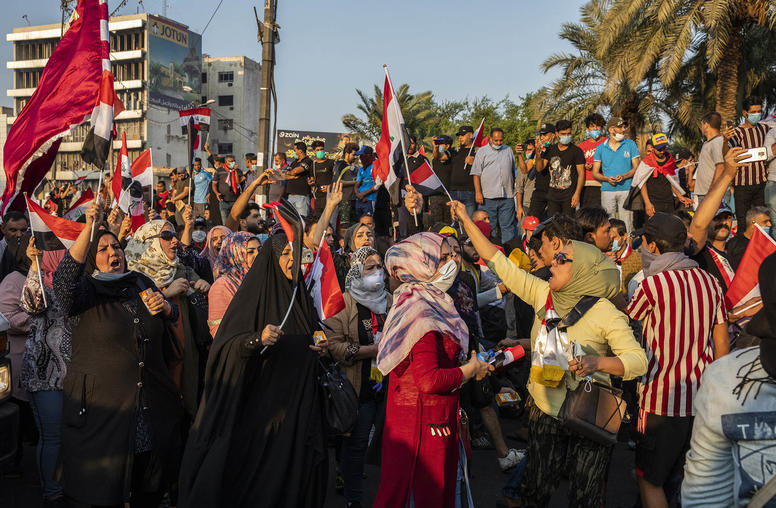
Five Myths About Protest Movements
This year saw protests across the globe, as citizens bridled under what they consider the tyranny of their governments. From Iraq to Zimbabwe, Hong Kong to Chile, demonstrators even in places with ample surveillance and retributive regimes have worked to make their voices heard. But alongside these movements, misconceptions about how they work persist—and plague our understanding of their goals, their methods and their outcomes.
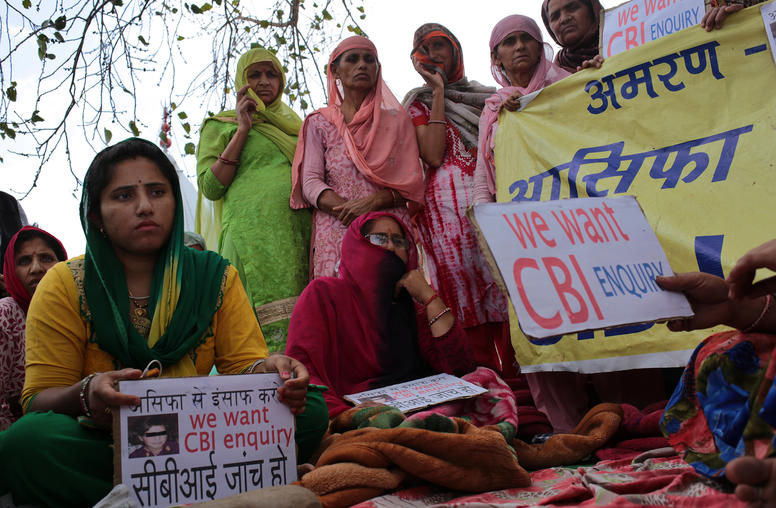
To Build Peace, Boost the Women Who Lead the Movements
Images of this year’s grassroots movements for social and political change—such as the ouster of authoritarian rulers in Sudan and Algeria—reiterate that women worldwide are driving campaigns that can strengthen democracy and reduce violent conflicts. Yet 20 years after the United Nations proclaimed the need for women at the center of the world’s peacebuilding and stabilization efforts, they remain marginalized in those official processes. So when USIP and a program at the University of Denver organized a training initiative this summer for 14 women leading civic movements for social change, a message glared from the mountain of nominations received from experts and groups working on the world’s violent crises.

Maria Stephan on Today’s Nonviolent Movements
In the last two months, dictators in Sudan and Algeria were forced to step down because of popular pressure, demonstrating the power of nonviolent resistance to movements in places like Nicaragua and Venezuela. “When large numbers of people engage in various forms of noncooperation … that is where the real power of nonviolent resistance comes from,” says Maria Stephan.
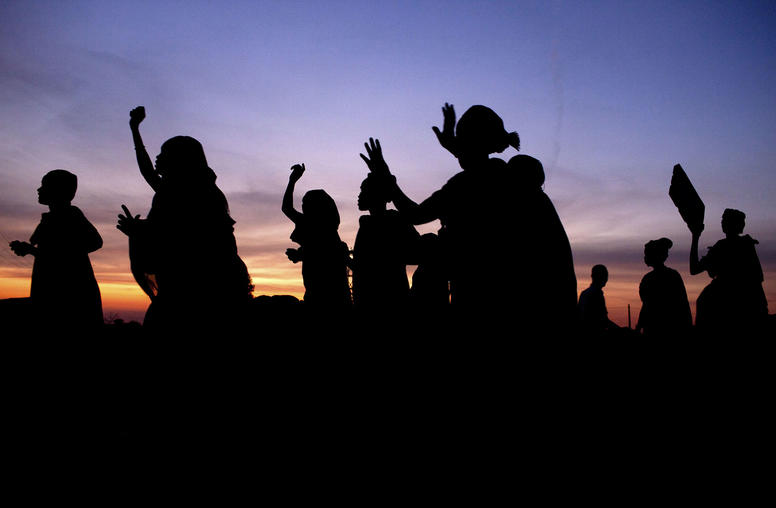
After Bashir, A New Dawn in Sudan? (Part 2)
Longtime Sudanese dictator Omar al-Bashir was ousted last Thursday, 30 years after he took power in the same fashion he was overthrown: by a military coup. The military takeover was spurred by months of popular protests over rising food prices, economic mismanagement and demands for a...
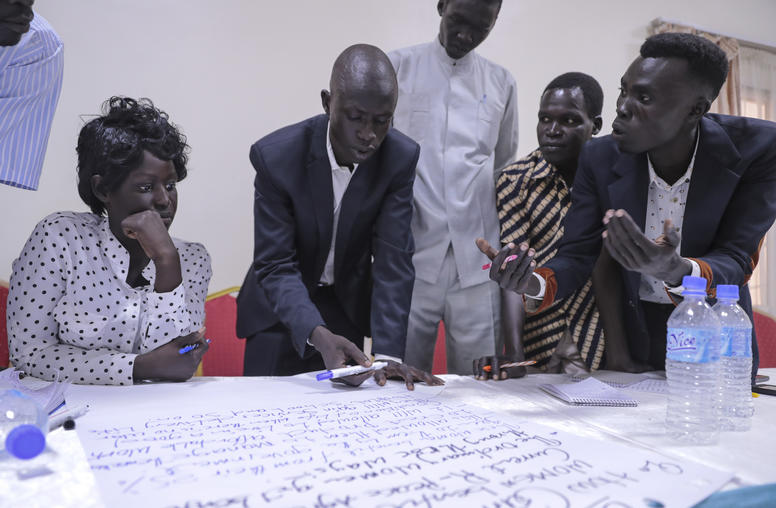
In South Sudan, Nonviolent Action is Essential to Building Peace
On September 12 of last year, South Sudan’s president, Salva Kiir, signed the Revitalized Agreement on the Resolution of Conflict in South Sudan (R-ARCSS) with South Sudan People Liberation Movement in Opposition chairman Dr. Riek Machar and several other armed groups. Meanwhile, South Sudanese civil society has sought to further advance the country’s peace process through coordinated, strategic nonviolent actions and campaigns.
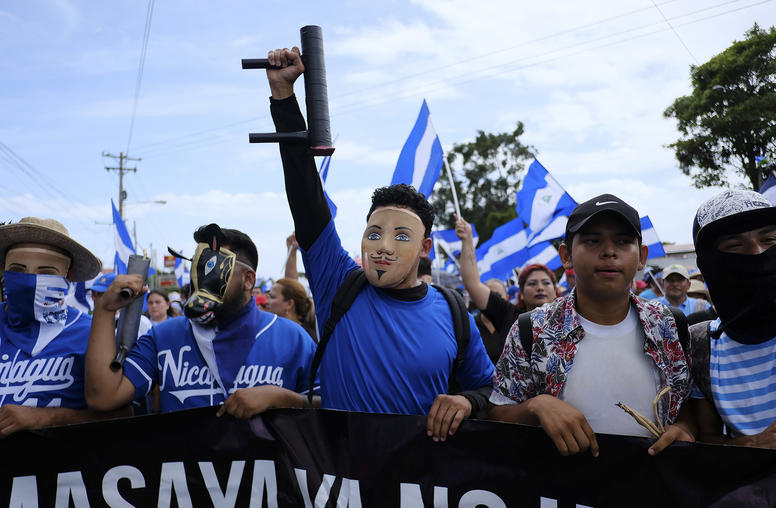
How Can Nicaragua’s Opposition Achieve a Breakthrough?
Only a few months ago Nicaragua was a spectator to the turmoil in Guatemala, Honduras and El Salvador that has led to a massive exodus of families seeking refuge by traveling north. Sadly because of the current tumult in Nicaragua, a new refugee crisis could be on the way. To prevent further escalation, the opposition and the Catholic Church should loudly and strategically embrace nonviolent discipline.
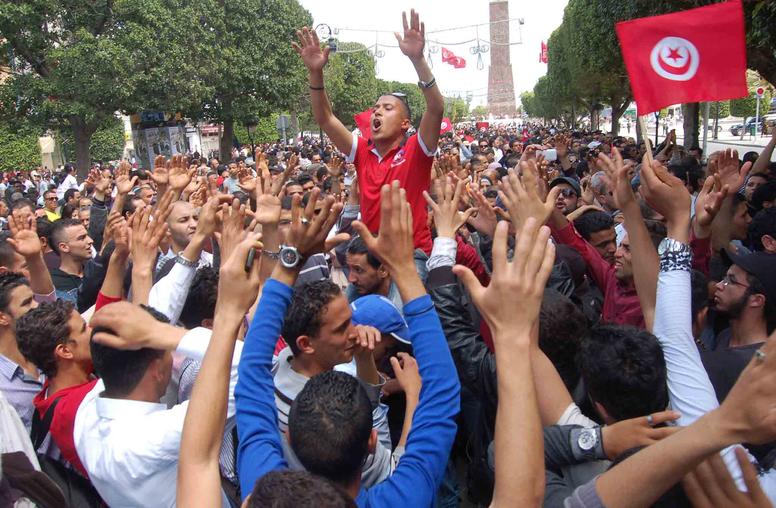
To Defeat Terrorism, Use 'People Power'
As governments and communities seek the right combination of methods to halt terrorism, one that we too often miss is nonviolent resistance. It’s not that we haven’t seen the power of protest movements that use mass marches, sit-ins, boycotts and other forceful but nonviolent tactics. To the contrary, people worldwide have been moved by watching such movements sweep aside the walls of apartheid, the tanks of dictators or the impunity of kleptocracies...